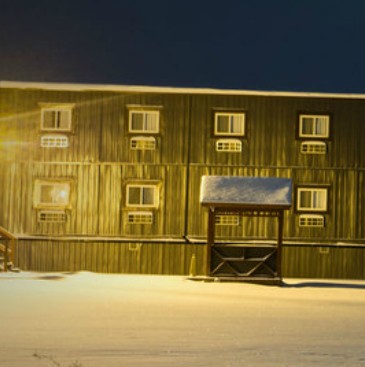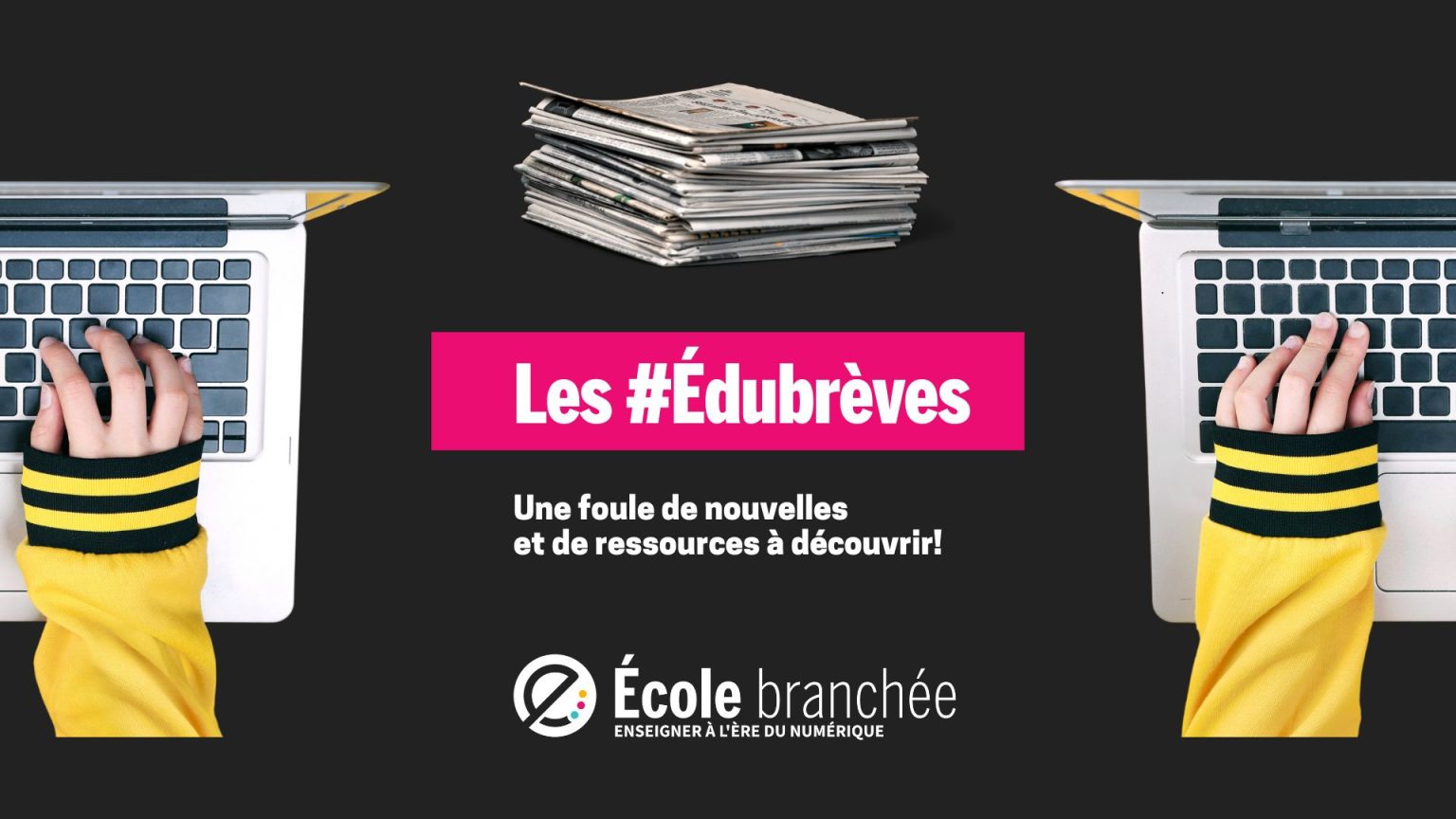Fort McMoney, lancé en novembre dernier, propose maintenant un second épisode. Les internautes sont invités à se positionner virtuellement quant à l’avenir du projet énergétique d’envergure de Fort McMurray, en Alberta. Une ressource intéressante à exploiter en univers social.
Afin de lancer virtuellement le débat sur l’exploitation des sables bitumineux, Fort McMoney, une création de David Dufresne, invite les joueurs, depuis le 27 janvier, à explorer ce jeu documentaire afin d’investiguer sur l’histoire de cette ville, aux plans social, économique, politique et culturel, et d’en cerner les enjeux. Fort de leurs découvertes, les participants seront en mesure de faire valoir leur opinion et, qui sait, de convaincre les autres joueurs de se rallier à leur avis. De chaudes discussions confrontant l’économie et l’écologie risquent de se poindre à l’horizon.
Ce fut d’ailleurs le cas lors de la première joute du jeu. Des milliers d’arguments ont circulé, tant sur la plateforme que sur les réseaux sociaux comme Twitter (#FortMcMoney). Les résultats de ces échanges ont eu de grandes répercussions virtuelles sur la ville : la production de pétrole a diminué, de même que les émissions de gaz à effet de serre. Cependant, les choix des joueurs ont entraîné une hausse du chômage de la localité de 28 % de même que l’exode de 90 % des travailleurs temporaires (de 40 000 à 4000), le tout accompagné d’une chute drastique des revenus annuels moyens des ménages (de près de 200 000 $ à 10 000 $).
Si plus de 300 000 personnes ont participé au premier volet de l’aventure virtuelle, la véritable ville de Fort McMurray est trois fois moins imposante. Cette localité d’Alberta a pris un essor considérable dans la dernière décennie et accueille, dans les faits, plus de 100 000 habitants. Quotidiennement, on y produit plus d’un million et demi de barils de pétrole et les prévisions laissent entrevoir une extraction de plus de 5 millions de barils chaque jour, d’ici 2035. Cette production a un coût écologique non négligeable. En outre, l’exploitation des sables bitumineux engendre 7 % des émissions de gaz à effet de serre au Canada. L’avenir de Fort McMurray sera donc influencé par la lutte entre les tenants du développement de l’économie et ceux de la préservation de l’environnement.
Quels seront les résultats de la seconde portion du jeu? Soyez de la partie et invitez vos élèves du secondaire à le faire en visitant le site Fort McMoney.
Fruit de la collaboration de TOXA et de l’Office national du film du Canada (ONF), en association avec ARTE, Fort McMoney comporte maintenant une nouvelle portion de jeu incluant des missions inédites et du contenu exclusif. La rétroaction des joueurs, depuis la création de ce site trilingue il y a trois mois, a permis des ajustements qui rendront cette expérience Web immersive encore plus enlevante.






